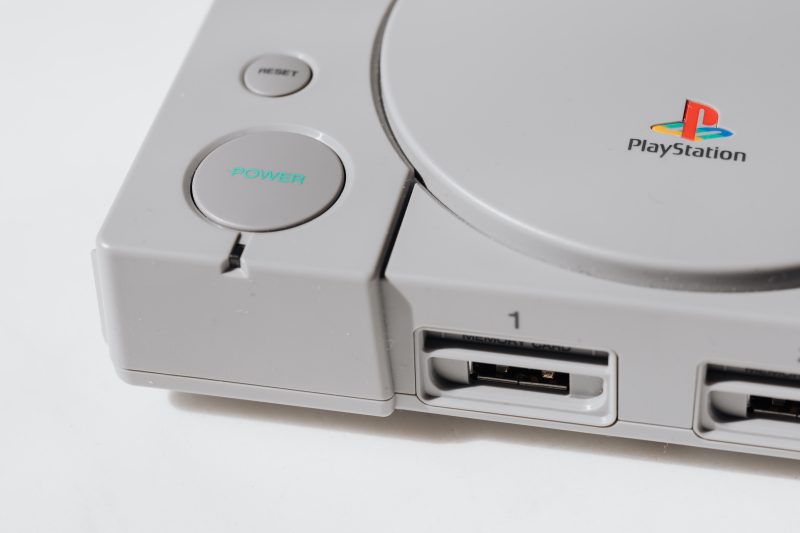As gaming has matured, so too have its subscription services. Gamers have paid close attention to the two frontrunners in the video game subscription space: the PlayStation Plus and the Xbox Game Pass.
In the past few years, the pair have shown incredible growth as the competition between them grows fiercer. Amidst this intense battle, Jim Ryan, CEO of PlayStation, has made a striking claim that captured the attention of the industry.
In recently unveiled documents from the FTC versus Microsoft case, it has been brought to light that Ryan expressed his thoughts on how the PlayStation Plus offers a superior subscription experience to gamers when compared to Xbox's Game Pass.
While for many, the choice between the two might be subjective, swayed by brand loyalty or personal preferences, Ryan has a stance rooted in insights and industry observations.
His comments revolve around a core belief that, in his words, PlayStation Plus is a "meaningful subscription service." It's an assertion that stems from discussions he's had with numerous publishers. According to Ryan, a consensus exists that the Game Pass' model is "value destructive." This criticism pertains not just to individual titles but expands to an industry-wide viewpoint.

